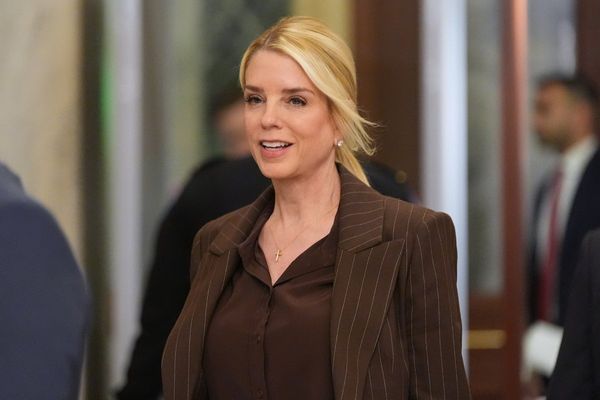
In a recently filed motion by Special Counsel Jack Smith, an intriguing legal battle is taking shape in the world of former President Donald Trump. Today, the Justice Department officials submitted a plea to the court, urging that Trump be prohibited from spreading disinformation and transforming the courtroom into a political platform during his federal election subversion trial, set to commence in March.
Simultaneously, another significant development unfolds on the mission to remove Donald Trump from the 2024 ballots nationwide. Michigan's Supreme Court, a crucial battleground state, has delivered a decisive blow to attempts to eliminate Trump from the upcoming elections. In response, Trump celebrated the court's decision on Truth Social, a social media platform where he praised the justices for 'strongly and rightfully denying' what he labeled as a desperate Democrat endeavor to oust him.
Interestingly, this Michigan case diverges from the outcome witnessed in Colorado, where the Supreme Court recently ruled to bar Donald Trump from being on the state's ballot. The disparity in results can be attributed to the divergent processes undertaken by each state. In Colorado, a week-long trial was conducted, complete with witnesses, evidence, and cross-examinations. Conversely, in Michigan, the case was dismissed on procedural grounds after only one hearing. Today, the Michigan Supreme Court upheld this decision, refraining from addressing the critical questions surrounding Trump's potential involvement in the January 6th insurrection and his disqualification from office.



Although the decision was succinct, comprising only a few sentences without a signer, one of the justices articulated her reasoning. She emphasized that the appellants still had the opportunity to renew their legal efforts during the Michigan general election in 2024 if Trump became the Republican nominee for president. Therefore, today's ruling pertains solely to the primary election, highlighting a crucial distinction.
Mark Brewer, one of the attorneys representing the plaintiffs, expressed disappointment with the court's decision but affirmed their intention to persist in upholding the constitutional provision established to safeguard the republic. Trump regarded these cases as a frivolous attempt to undermine him through the courts, asserting that his dominance remained uncontestable through the polls. Nevertheless, those who filed these cases argue that they aim to enforce a post-Civil War provision designed to prevent insurrectionists from wielding power.
While Trump celebrates his triumph in Michigan and parallel cases unfold in other states, the expectation looms that the U.S. Supreme Court will ultimately have the final say. Given the divergent rulings across states, it is not uncommon for the Supreme Court to intervene in such matters. As the legal battle continues, the nation awaits a resolution from the highest court in land, which may shape the trajectory of Donald Trump's political aspirations in the forthcoming elections.







